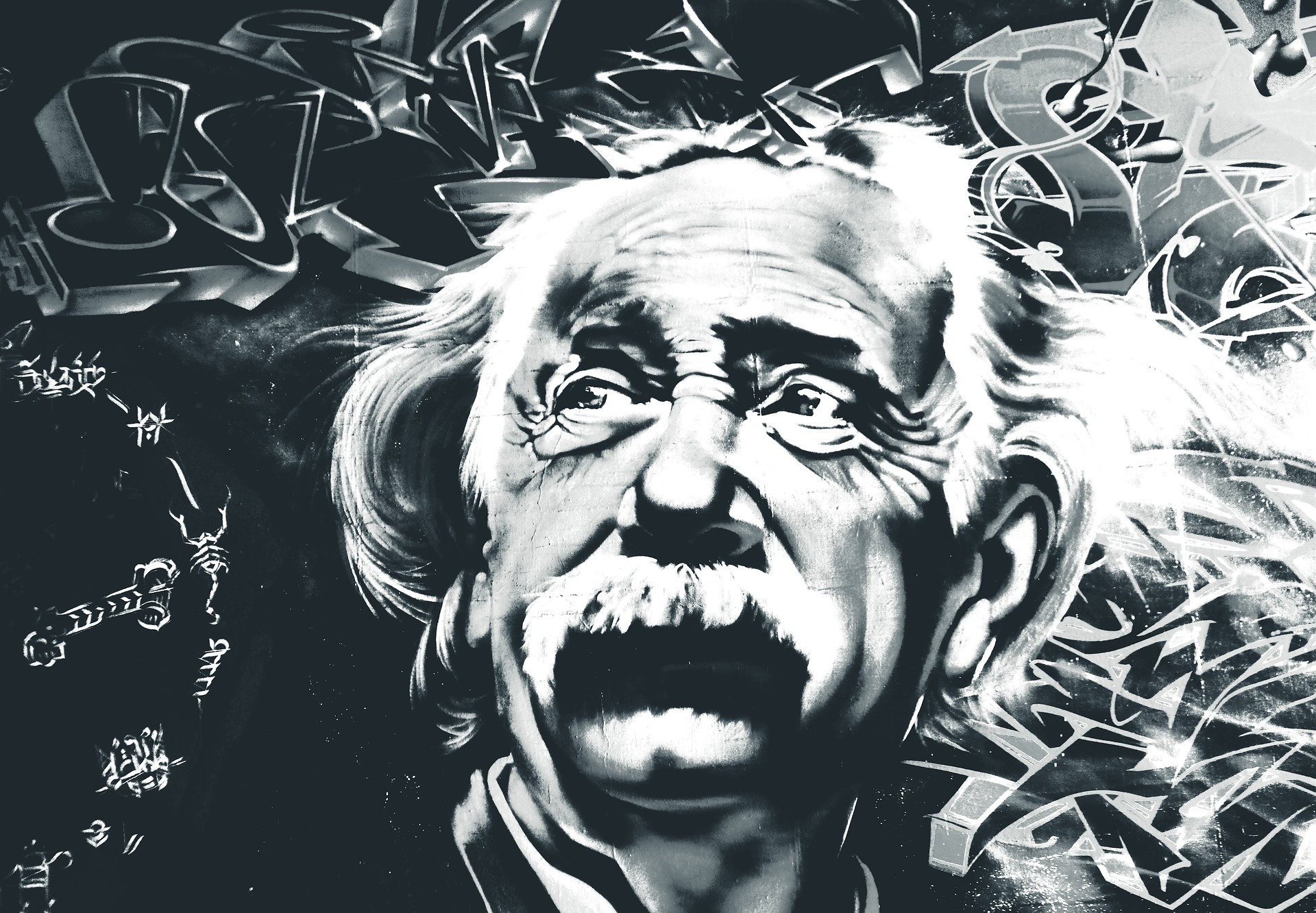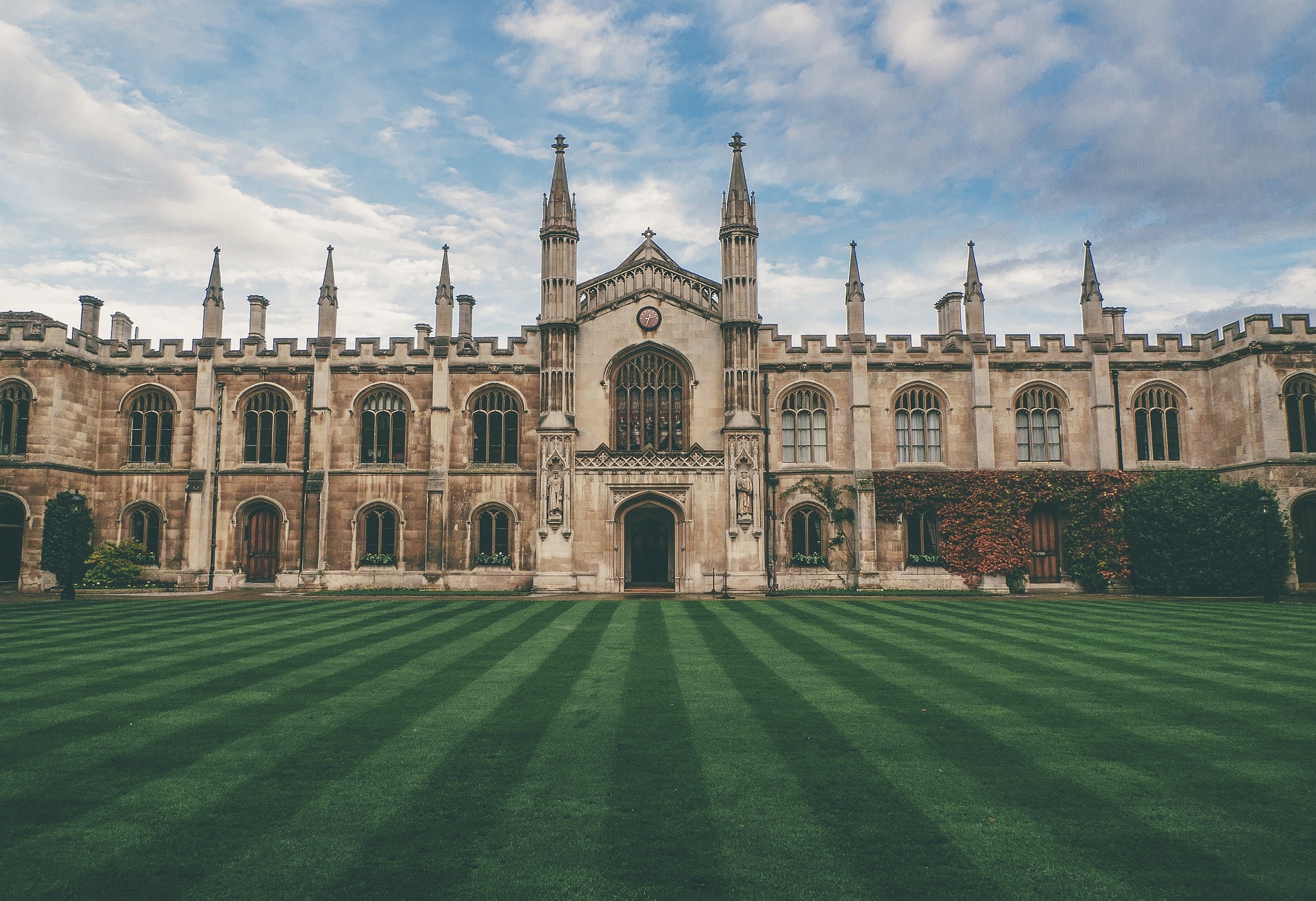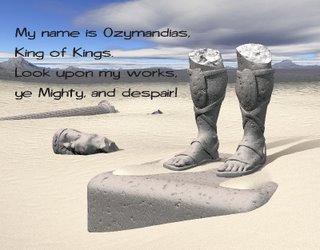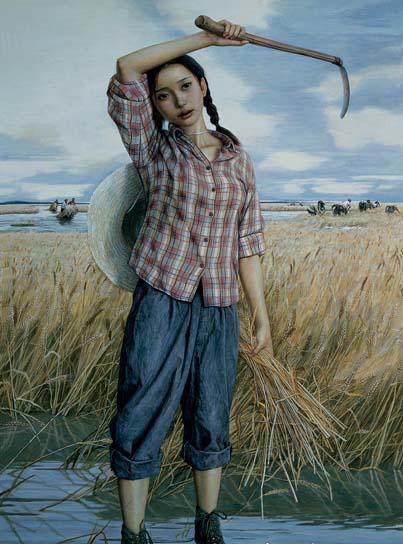About the Poet – Thomas Hardy (June 2, 1840- January 11, 1928) was an English novelist and poet. Although he is considered a Victorian writer, he was influenced by Romanticism, especially by William Wordsworth and Charles Dickens. He was born to a stonemason (also Thomas Hardy) and Jemima Hand. It was due to his mother, Hardy received a formal education. He was apprenticed to be an architect, but after a short stint at architecture, he turned his attention to writing. His started his career with novels and ended with poetry. He often experimented with themes of class struggle, social constrains, the idea of fallen women (Tess of the d’Urbervilles), and sexuality. His portrayal of problematic marital relationships in both Tess and Jude the Obscure attracted much criticism. Due to negative reception of his controversial novels, Hardy turned his attention to poetry and short stories. His preoccupation with the theme of bitter relationships was probably due to his estrangement with his first wife, Emma. They were estranged for a period of twenty years before her death. However, Emma’s death in 1912 filled Hardy with grief and it is during this time, he produced some of his finest poetry. The shadow of their failed relationship remained with Hardy till his death in 1928, even after his marriage to Florence Emily Dugdale. After Hardy’s death, his heart was buried in Emma’s grave at Stinsford. And his ashes were buried at the Poets’ Corner, Westminster Abbey.
About the Poem The Man He Killed
The poem, ‘The Man He Killed’ was written in 1902, as an afterthought of the Boer Wars which took place between the British and the Transvaal Boers, now known as the South African Republic, in 1880-1881, 1895-1896, 1899-1902. It represents the futility of war through a dramatic monologue of a soldier, lately returned from war. He admits he killed a man of the opposing faction because he belonged to the enemy troop, but he also admits that he probably would have been a friend to him in other circumstances. The poem uses the right mix of irony and innocence to provoke the question of morality of war. It forces one to think about political constructs of this world. You can go through the detailed analysis of the poem here.
Setting and Mood of The Man He Killed
The setting of the poem is probably a bar or inn, where the speaker is relaying the event to his friends. The mood of the poem is elegiac. The speaker wishes that things had happened differently. He also tries to justify his actions to his listeners, even as he tries to justify his actions to himself. The somberness is just the right amount to bring out the futility of war and loss of human lives as a result.
Annotations Stanza-wise
Stanza 1
old ancient inn: Both ‘old’ and ‘ancient’ emphasize the age of the object of the sentence. The poet wants to emphasize the established routine of British camaraderie.
nipperkin: This is a West England colloquial term. It is the unit of measurement of volume. Roughly, the half or less than half of a pint.
Stanza 2
ranged as infantry: The soldiers arranged in troops in their camp, ready for battle.
Stanza 3
That’s clear enough: a sarcastic quip – the speaker knows the soldier was his enemy because they were in opposing camps but he can’t understand how that justifies taking someone’s life.
Stanza 4
he’d ‘list: enlist in the army
Off-hand like: casually; just like that
had sold his traps: ‘traps’ is a short form of trappings, which means one’s bearings. It means that he had sold all his belongings for money.
Stanza 5
Quaint: weird; strange.
half a crown: money (one-eighth of a pound).
Keywords: The Man he Killed summary, Meaning of The Man he Killed , The Man he Killed notes, The Man he Killed explanation,The Man he Killed analysis, The Man he Killed theme.
Some online learning platforms provide certifications, while others are designed to simply grow your skills in your personal and professional life. Including Masterclass and Coursera, here are our recommendations for the best online learning platforms you can sign up for today.
The 7 Best Online Learning Platforms of 2022
- Best Overall: Coursera
- Best for Niche Topics: Udemy
- Best for Creative Fields: Skillshare
- Best for Celebrity Lessons: MasterClass
- Best for STEM: EdX
- Best for Career Building: Udacity
- Best for Data Learning: Pluralsight
















